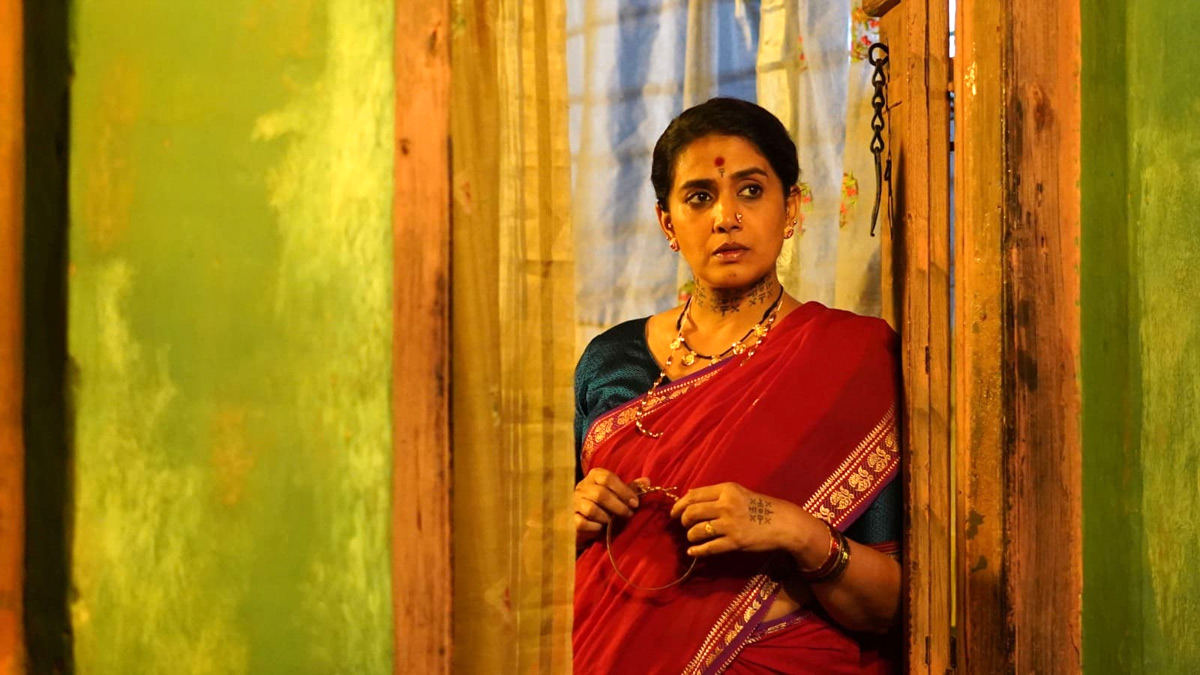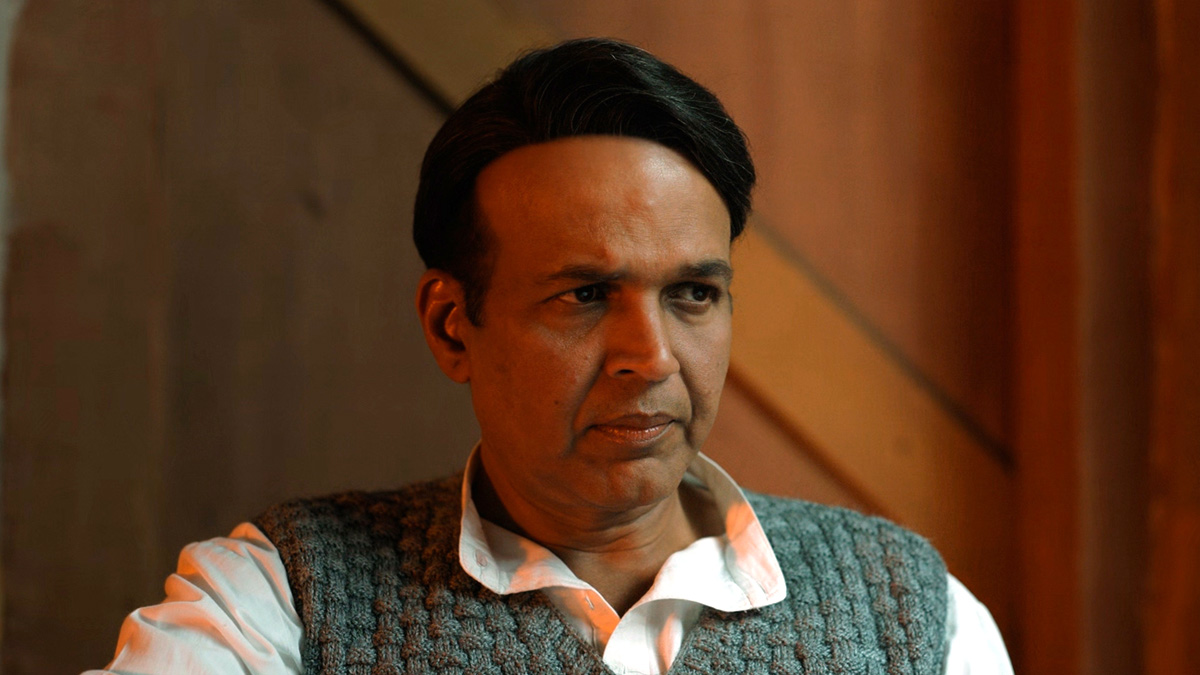The casting of Marathi theatre and screen actors gives Manvat Murders its stamp of authenticity, observes Deepa Gahlot.

A doctor in a Maharashtra village says that there is a proper hospital in the nearby town but the villagers would rather go to faith healers and shamans when they fall ill.
This superstition was the cause of the horrific spate of ritualistic killings that make up the true crime series, Manvat Murders.
Ignorance too. A man uses a shaman to find buried gold in his land and says, ‘I am a graduate’, so education is not an antidote.
The series is set in Manvat village in the early 1970s when the crimes occurred. Then as now, human sacrifices are clandestinely conducted by greedy people.
The only reason this case was even investigated was because seven women and girls were murdered and mutilated.
Ramakant Kulkarni (Ashutosh Gowariker), a crime branch officer from Mumbai, is sent to look into the murders. The real officer’s book, Footprints In The Sands Of Crime is the source material for the Web series, written by Girish Jayant Joshi and directed by Ashish Avinash Bende.
The sensational crime has already been filmed by Ramdas Phutane as Sarvasakshi (1978) and by Amol Palekar as Akriet (1981).
Decades later, it still makes sense to bring it to the small screen because the superstition that caused the deaths of so many innocents has still not been rooted out of Indian society.
When Ramakant and his assistant Vakatkar (Mayur Khandge) arrive, they find a local team, baffled, but raring to go.
The prime suspects are the landlord and loan shark Uttamrao (Makarand Anaspure) and his tribal mistress Rukmini (Sonali Kulkarni), who were arrested but got away due to lack of sufficient evidence. They were, however, externed from the village, and supervise their criminal activities remotely, with Rukmini’s sister Samindri (Sai Tamhankar) in charge.
When an unscrupulous shaman (Kishor Kadam) tells Rukmini that her inability to bear a child will be ‘cured’ by the sacrifice of a prepubescent girl, he did not expect them to go ahead with it.
Failure to conceive and also to find the rumoured treasure leads to even more murders.
Since everyone in the village has taken loans from Uttamrao, nobody has the courage to speak out against him.
Ramakant realises that he will have to understand the mindset of the villagers if he has to reach the culprits, and advises the local cops to have patience if they are to build a watertight case against Uttamrao and Rukmini.
Since details of the case and its outcome are already known — shockingly, the two got away with their gruesome crimes — the series is a slow moving but thorough police procedural, during which mistakes are made, corruption exposed and another life lost.
Ramakant believes in applying criminal psychology to get confessions, not beatings and torture. So more than the investigation itself, the show is a study of rural life — the poverty that makes a man kill for as little as Rs 15 and a bottle of alcohol — the caste loyalties and the sheer terror of divine wrath.
Since then, progress has been made in the villages but even today, caste remains a strong binding force, and there is no getting away from blind faith.

Ashutosh Gowariker plays that rare screen cop who is gentle. There is no swagger in this manner, no profanity in his speech.
Even as he keeps hitting walls of silence and complicity, he is usually calm.
It’s a pity that Sonali Kulkarni as Rukmini, who was the instigator of the murders, is not given enough screen time. She is as cruel as Uttamrao is rapacious, but she is also afraid of rejection and powerlessness.
Sai Tamhankar, as the reluctantly obedient sister, gets the better scenes and gives an excellent performance.
The casting of Marathi theatre and screen actors gives Manvat Murders its stamp of authenticity.
To its credit, it also has a certain restraint. There is violence and horror, but like the recent Sector 36, it is not sickening.
Manvat Murders streams on SonyLIV.
Manvat MurdersReview Rediff Rating:






